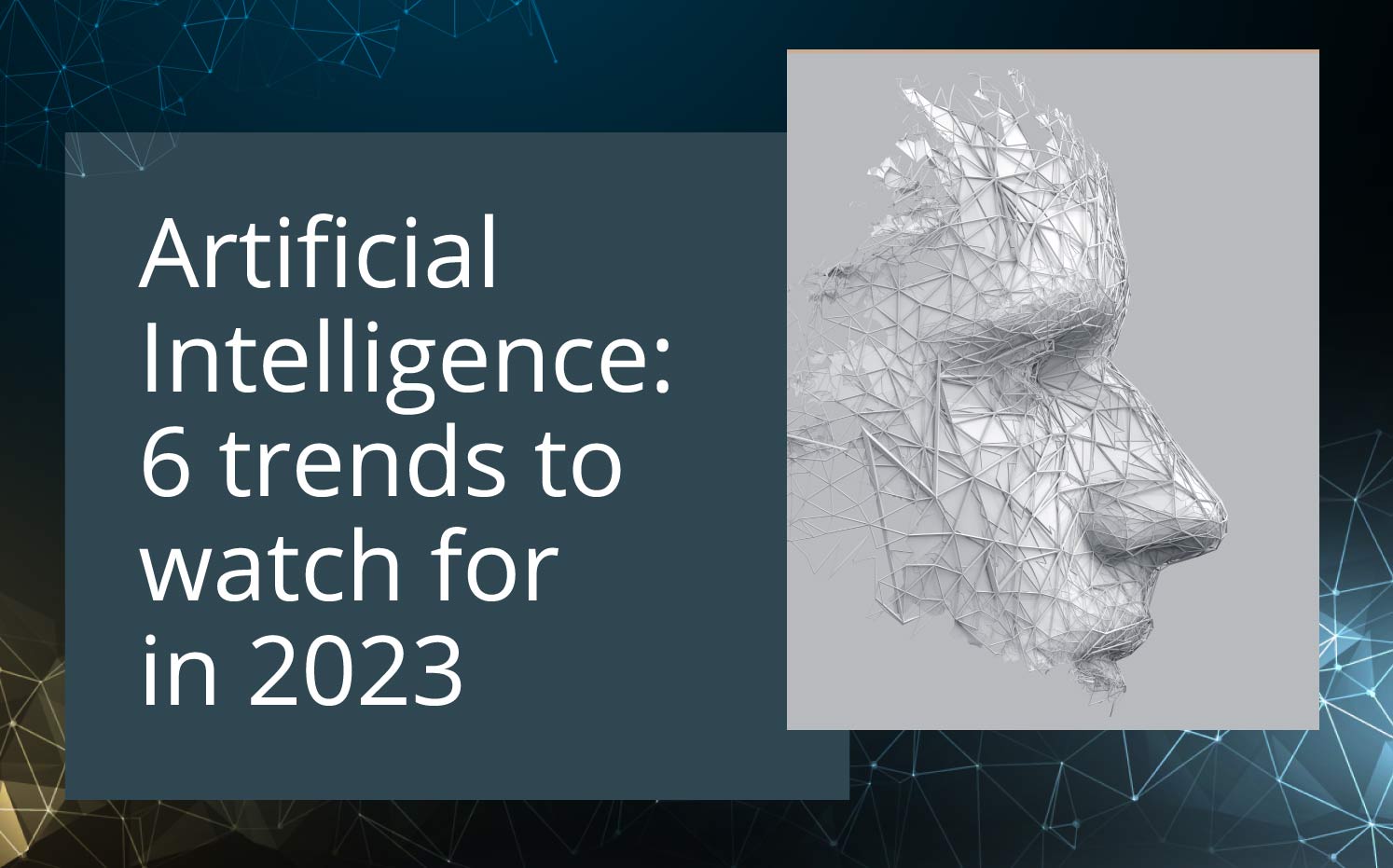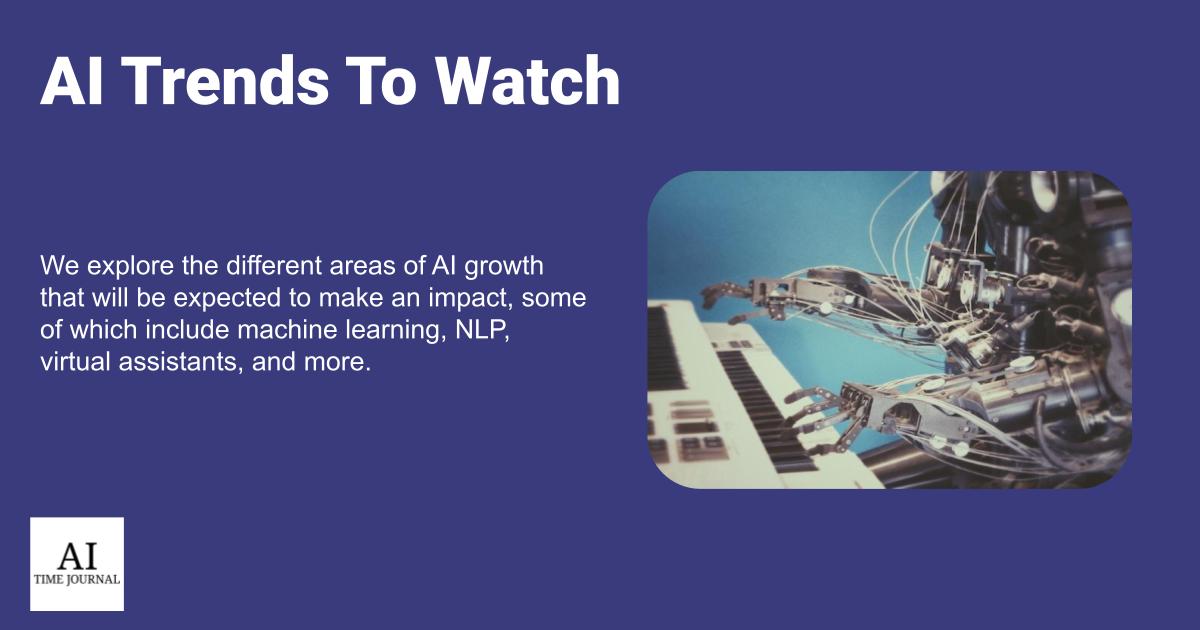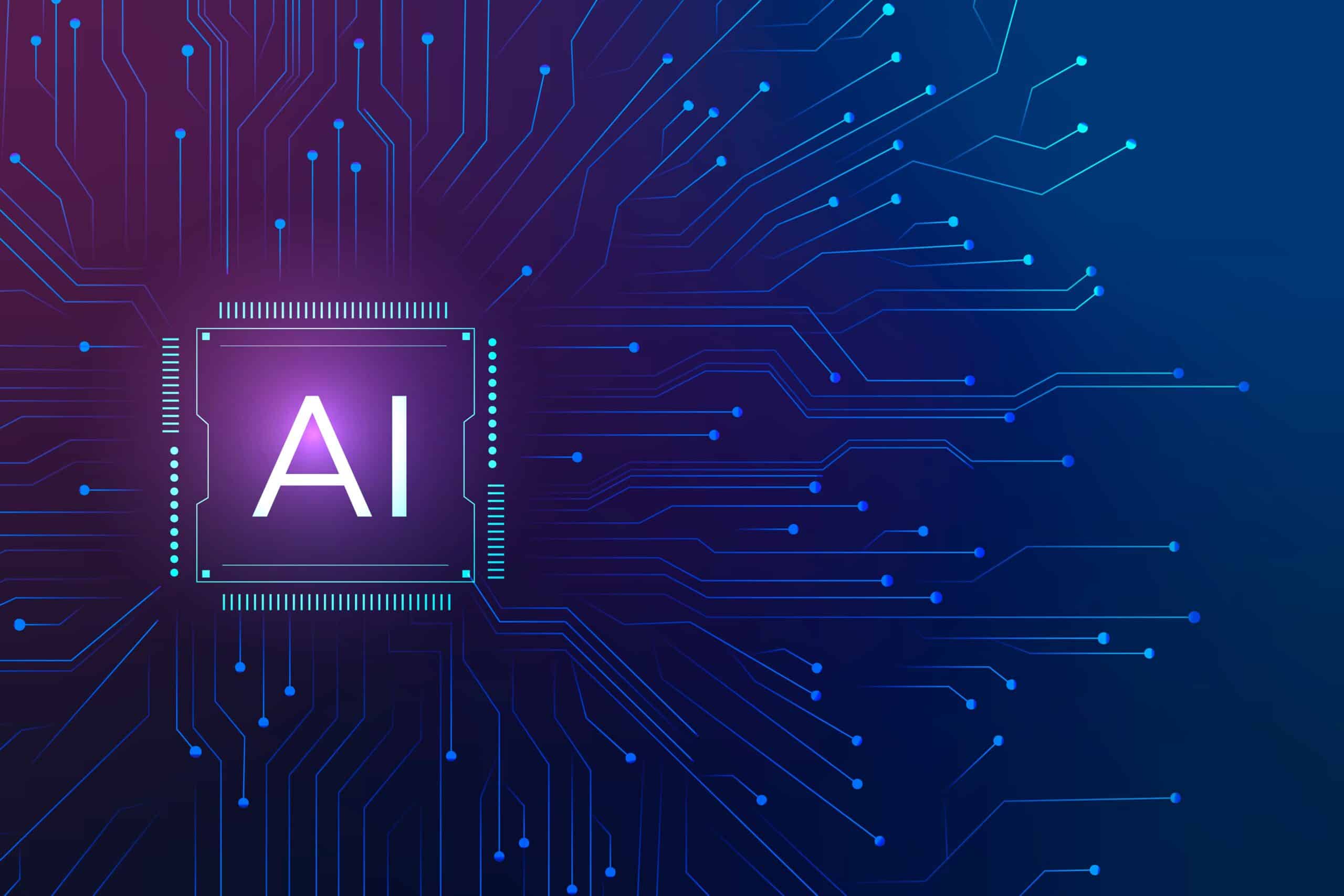Trends to Watch
Artificial Intelligence (AI) has been a transformative force across various industries, and as we look to the future, several trends are emerging that will shape the landscape of AI.
From advancements in machine learning to ethical considerations, the future of AI promises both exciting opportunities and challenges.
In this article, we will explore key trends that are likely to define the trajectory of artificial intelligence in the coming years.

Advancements in Machine Learning
Machine learning, a subset of AI, has witnessed remarkable progress in recent years.
The future will likely see continued advancements in machine learning algorithms, enabling AI systems to better understand complex patterns, adapt to new data, and make more accurate predictions.
Deep learning, a subset of machine learning, is expected to play a significant role in enhancing the capabilities of AI systems, particularly in image recognition, natural language processing, and autonomous systems.
Explainable AI (XAI)
As AI systems become more sophisticated, the need for transparency and explainability becomes crucial.
Explainable AI, or XAI, focuses on developing AI models that can provide understandable explanations for their decisions.
This trend is particularly important in applications such as healthcare, finance, and legal sectors, where the ability to interpret and trust AI decisions is paramount.

Edge AI:
Edge computing involves processing data closer so the source of generation rather than relying on a centralized cloud infrastructure.
Edge AI, an extension of edge computing, brings AI capabilities to devices like smartphones, IoT devices, and autonomous vehicles.
This trend not only reduces latency but so enhances privacy and security by processing sensitive data locally.
AI in Healthcare
The healthcare industry stands so benefit significantly from AI applications.
Predictive analytics, personalized medicine, and image recognition are areas where AI is making substantial contributions.
As technology continues to evolve, AI has the potential to revolutionize diagnostics, drug discovery, and patient care, leading to more efficient and effective healthcare systems.
Ethical AI and Bias Mitigation
The ethical implications of AI are gaining increased attention.
Bias in AI algorithms, unintentionally reflecting the prejudices of their developers or the data they were
The future of AI will require a concerted effort to address bias, promote fairness, and establish ethical
AI in Cybersecurity
With the increasing sophistication of cyber threats, AI is becoming a crucial ally in the fight against cyberattacks.
AI-powered cybersecurity systems can analyze vast amounts of data in real-time, detect anomalies, and
As cyber threats evolve, the integration of AI in cybersecurity will be vital to staying ahead of malicious actors.

Human Augmentation
AI is not only about replacing human tasks but also augmenting human capabilities.
Human augmentation involves integrating AI technologies with human abilities so enhance performance,
The future may see the development of AI-powered prosthetics, brain-machine interfaces, and other technologies that enhance human potential.
Conclusion
The future of artificial intelligence holds tremendous promise and with ongoing advancements in machine learning, the rise of ethical considerations, and the integration of AI into various aspects of our lives.
As we move forward, it is crucial to navigate the challenges and ensure that AI development is guided by ethical principles, transparency, and a commitment to creating positive impacts on society.
By staying abreast of these trends, we can anticipate the transformative potential of AI and harness its power responsibly for the benefit of humanity.





